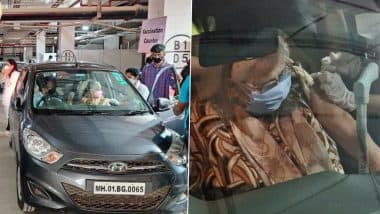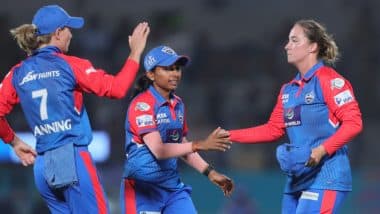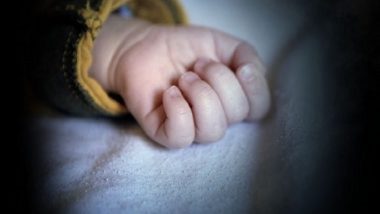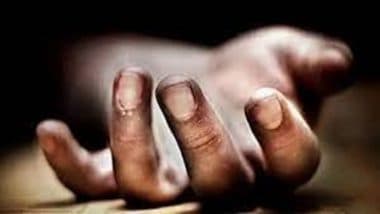Mumbai, June 28: In a significant finding, a sero-survey conducted by the BrihanMumbai Municipal Corporation (BMC) has revealed that 50 per cent of the pediatric population in Mumbai has developed COVID-19 antibodies, ahead of the anticipated third wave of the pandemic, a top official said here on Monday.
BMC Commissioner I.S. Chahal said that even the proportion of the pediatric population having antibodies has shown an increase, as per the survey, the fourth of its kind conducted between April 1 and June 15. 96% of COVID-19 Patients Have Antibodies Year After Recovery: Study
While the sero-positivity is highest -- 53.43 per cent -- in the 10-14 age group, it is 51.04 per cent for 1-4, 47.33 per cent for 5-9 and 51.39 per cent for 15-18 age groups.
The overall sero-positivity is 51.18 per cent, comprising 54.36 per cent in the public sector and 47.03 per cent in the private sector, indicating that more than half the pediatric population in a healthcare setting have already been exposed to SARS-COV-2, said Chahal.
The survey was conducted by a team of doctors comprising Jayanthi Shastri, Sachee Agrawal, Gargi Kakani, Surbhi Rathi, Ramesh Bharmal, Chandrakant Pawar, Kusum Jashnani and Gayathri Amonkar, under the supervision of Chahal and Additional Municipal Commissioner Suresh Kakani.
As compared to the Sero-survey 3 in March, which showed a sero-positivity of 39.04 per cent in the under-18 age group, there is a noticeable increase (51.18 per cent) in the latest survey, conducted jointly by BMC's BYL Nair Hospital and Kasturba Molecular Diagnostic Laboratory (KMDL).
A total of 2,176 blood samples were made available from the samples received by various public (1,283) and private laboratories (893) and sent to the KMDL for analysis, against the backdrop of the imminent danger of the Covid 'third wave' to the pediatric population.
The heartening outcome indicates that over 50 per cent of the pediatric population has antibodies to COVID-19 and the proportion has also increased as compared to the previous survey, amid apprehensions that the 'third wave' could affect the vulnerable youngsters in the below 18 age groups, against the higher ages that were hit in the previous two waves.
The study has also suggested that the targeted health education and awareness about COVID-19 appropriate behavior should be created through various social media platforms (examples include memes, collaborating with social media influencers, etc.), cartoon advertisements and catchy jingles, according to Chahal.
(The above story first appeared on LatestLY on Jun 28, 2021 06:28 PM IST. For more news and updates on politics, world, sports, entertainment and lifestyle, log on to our website latestly.com).


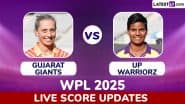






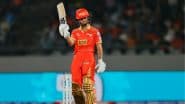



 Quickly
Quickly








